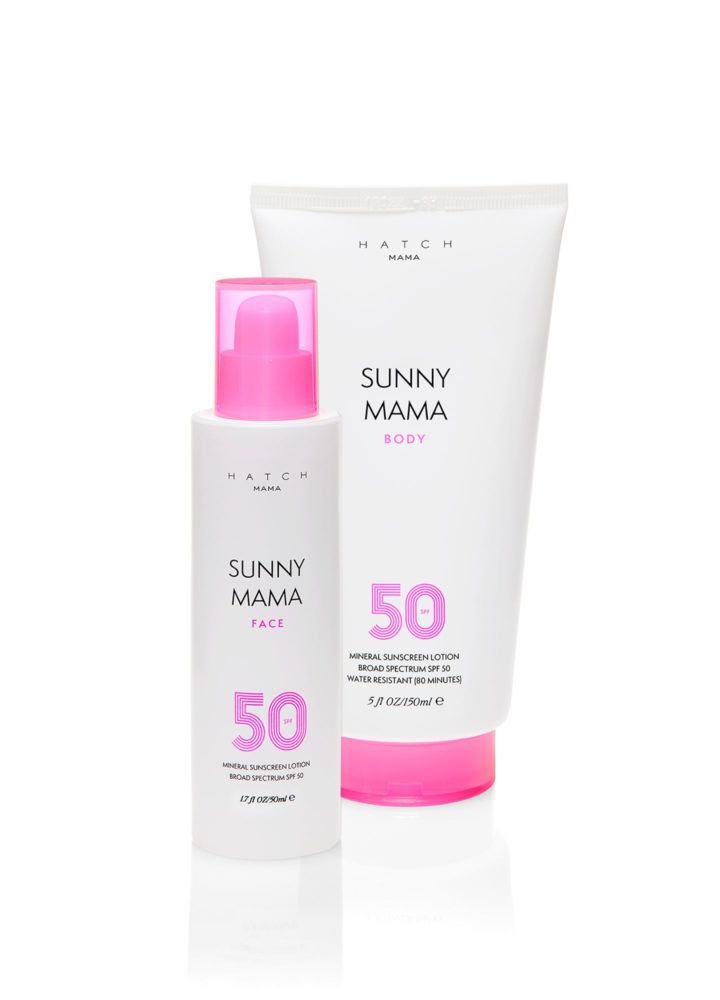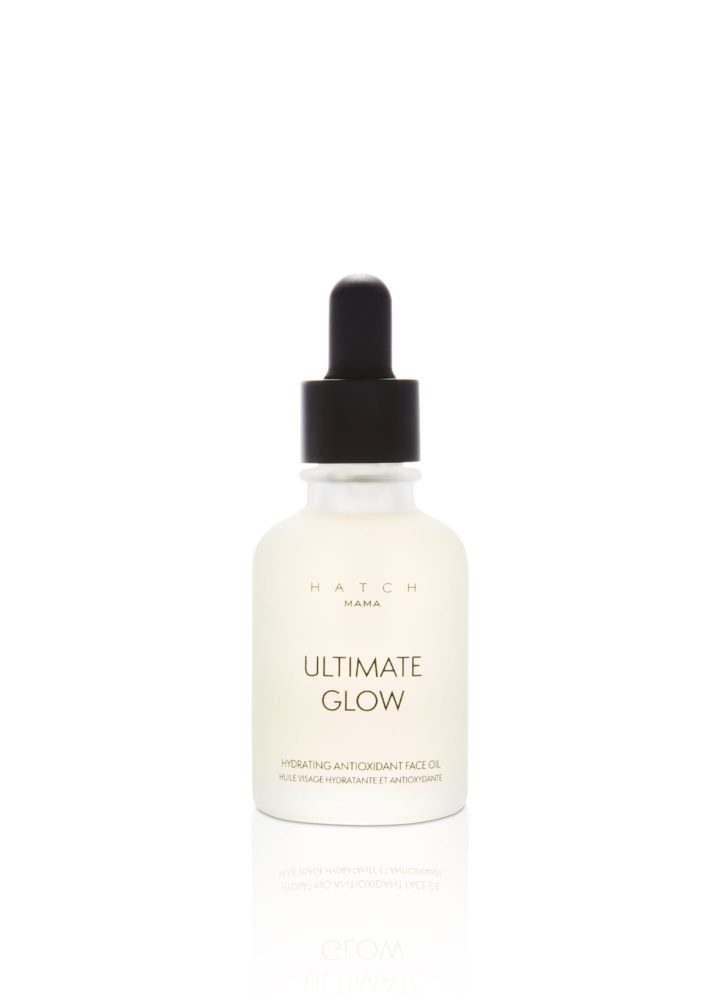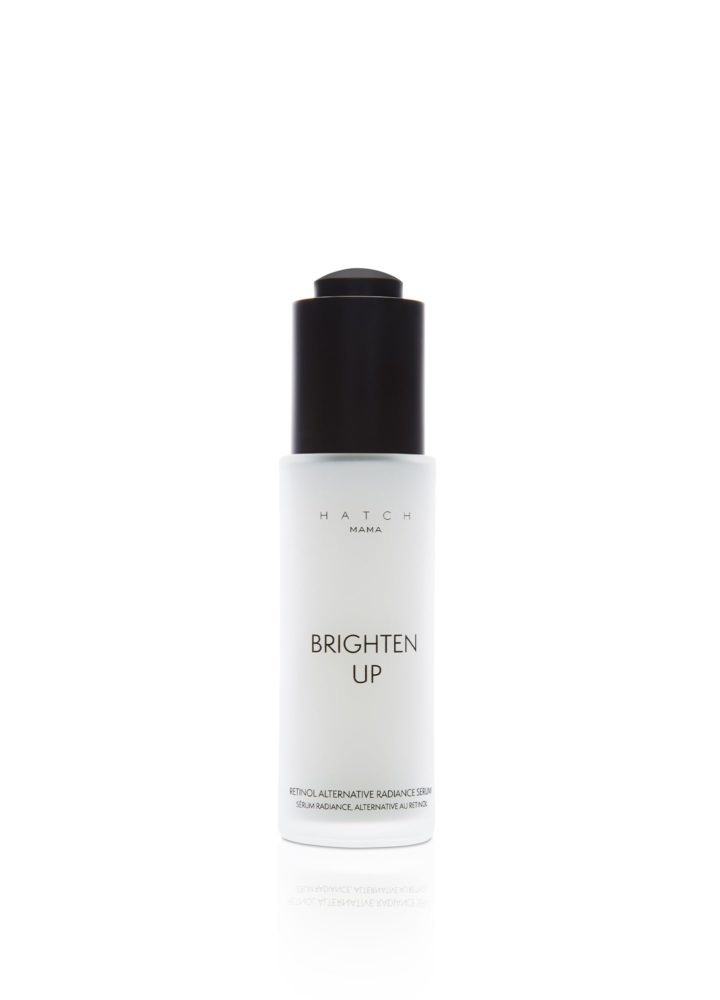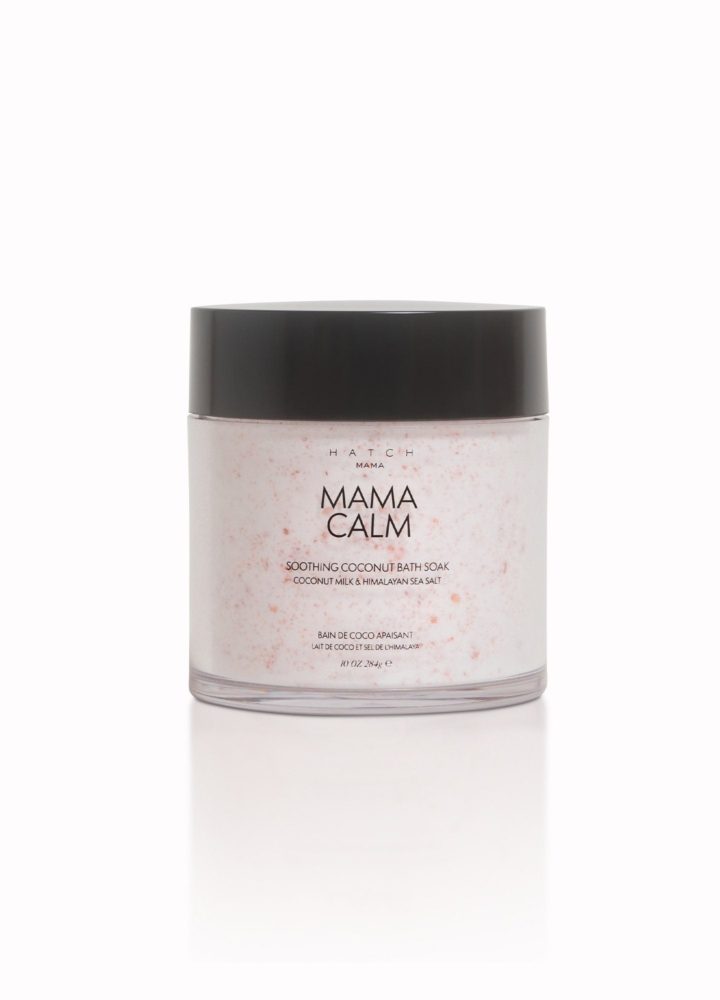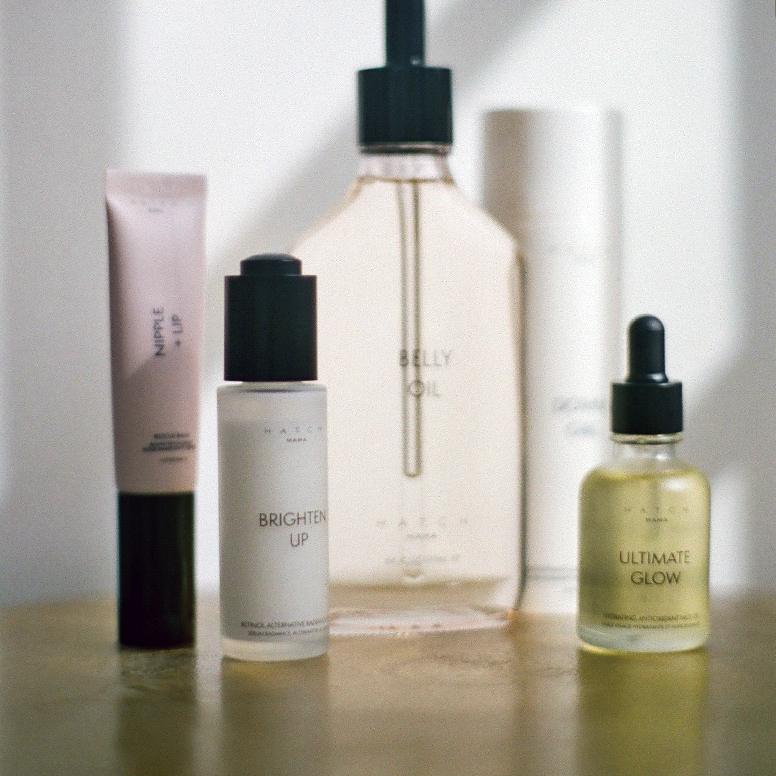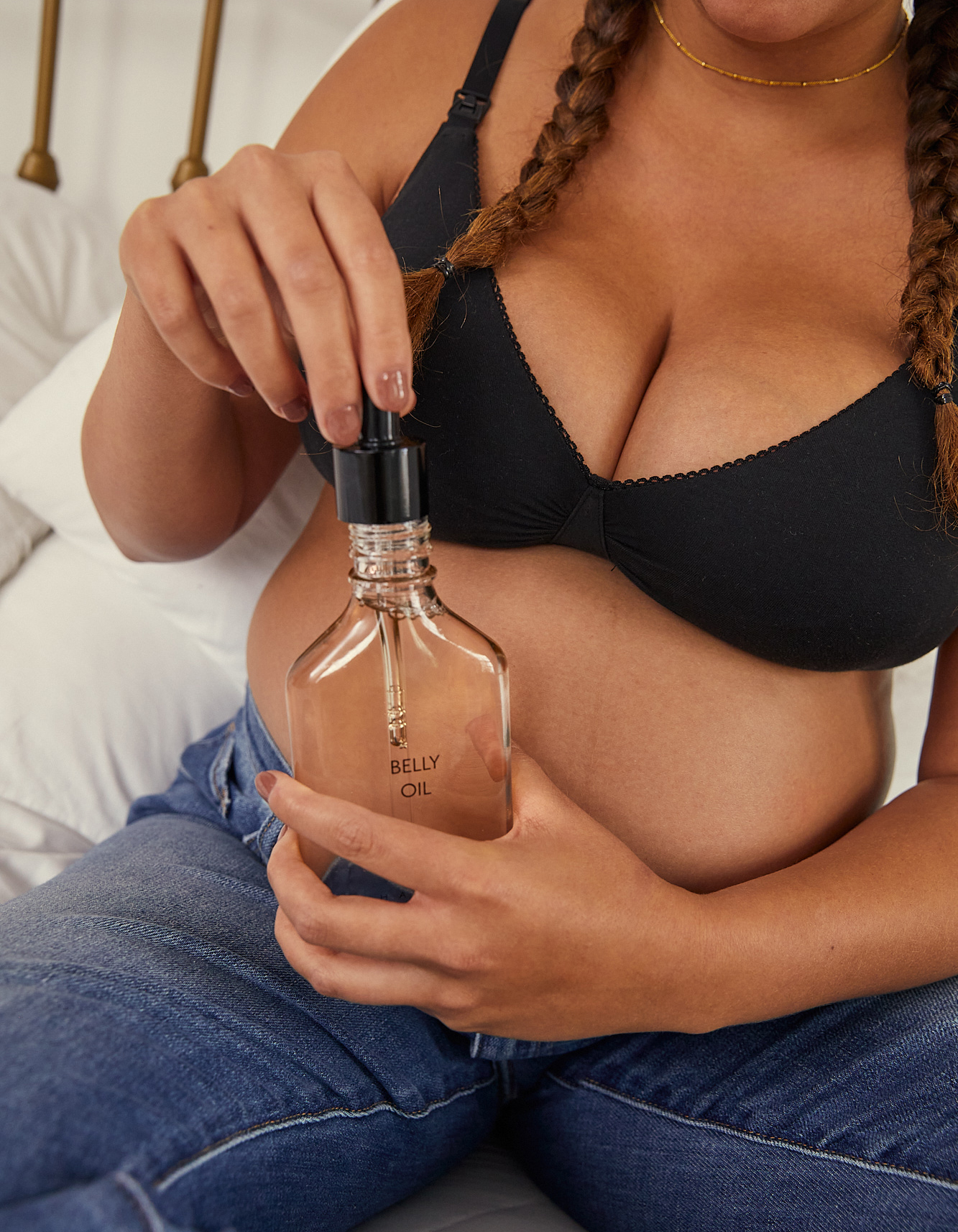When it comes to skincare, we’re all on the lookout for natural remedies that can give good glow. One intriguing idea that has gained a lot of attention (and for nursing mamas, is free!) is the idea that breast milk holds miraculous properties for achieving flawless skin.
We all know breast milk is an incredible substance. It’s called liquid gold for a reason! Not only does it provide optimal nutrition for infants, it contains a unique blend of proteins, carbohydrates, fats, vitamins, minerals and antibodies. These components all work together to support babe’s growth and development. However, while breast milk undoubtedly offers essential nutrients for infants, its potential benefits for adult complexions are largely anecdotal.
One of the most commonly cited benefits of breast milk for complexion is its moisturizing properties. Yes, breast milk contains natural oils that may help hydrate the skin, potentially reducing dryness and improving texture. Some proponents claim that the application of breast milk can alleviate conditions such as eczema or psoriasis. “It’s important to note that breast milk is not formulated specifically for adult skin, and there is limited scientific evidence to support its effectiveness in these contexts,” says Dr. Rena Mahr, a dermatologist based in New Jersey.
Breast milk does contain antibodies, immune cells, and various bioactive compounds that protect infants against infections and promote healthy immune function. And yes, proponents argue that these antimicrobial and anti-inflammatory properties could translate into benefits for adult skin. While there is some merit to this claim, the effects of breast milk on adult skin are still poorly understood and require further scientific investigation for a 100% claim.
Also, despite our collective fascination with breast milk as a skincare ingredient, just remember, there could be potential risks and hygiene concerns to the regimen. Breast milk is a bodily fluid that can harbor bacteria and other microorganisms. Using unpasteurized breast milk or improperly stored samples may lead to skin irritations, infections, or allergic reactions. Remember to consult with a healthcare professional before incorporating breast milk into your skincare routine.
So should you douse yourself in breast milk? Well, while it may have unique properties, the scientific literature on its direct impact on adult complexions remains limited. Instead, try focusing on established skincare practices, such as regular cleansing, moisturizing, sun protection, and a healthy lifestyle. That’s more likely to yield tangible and reliable results.


